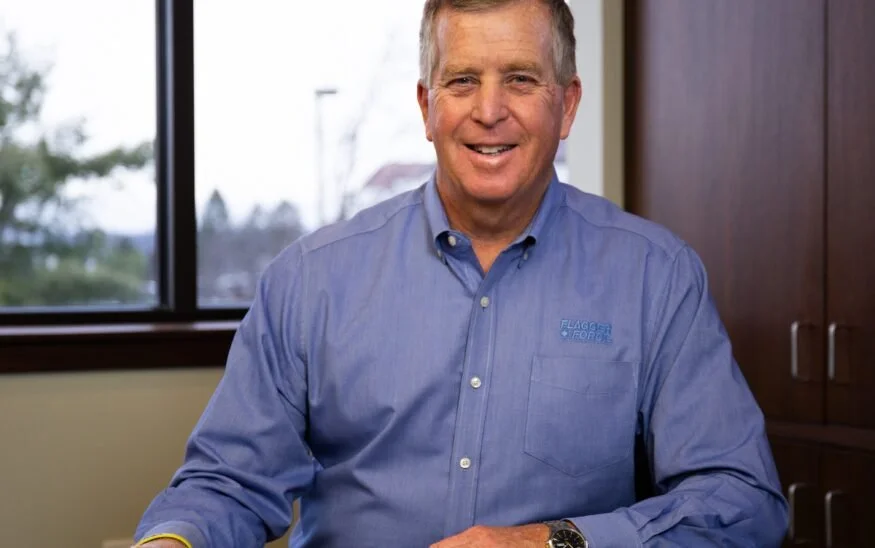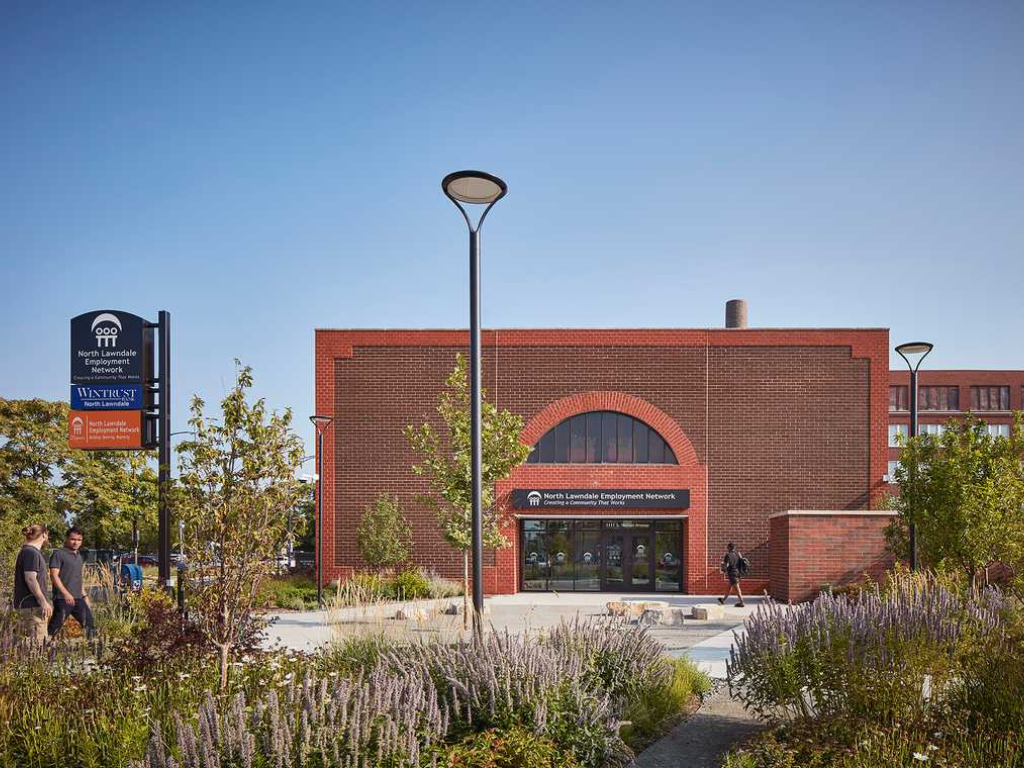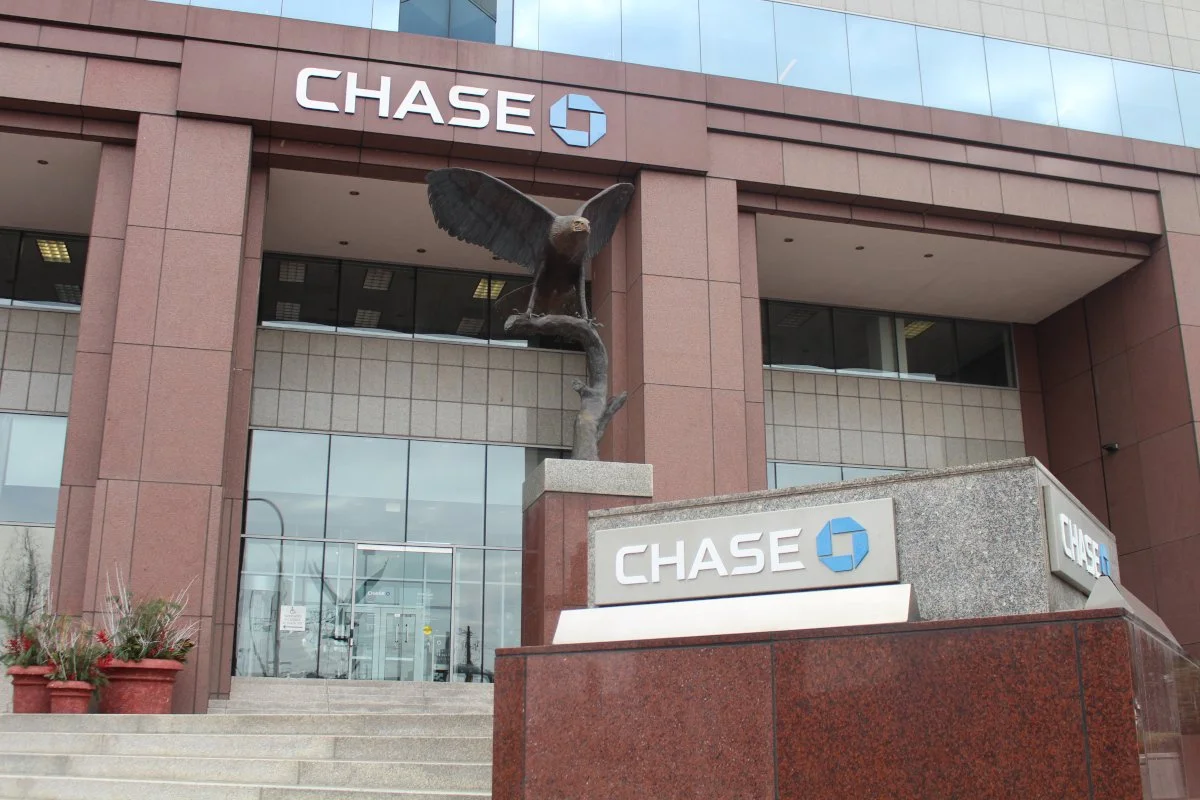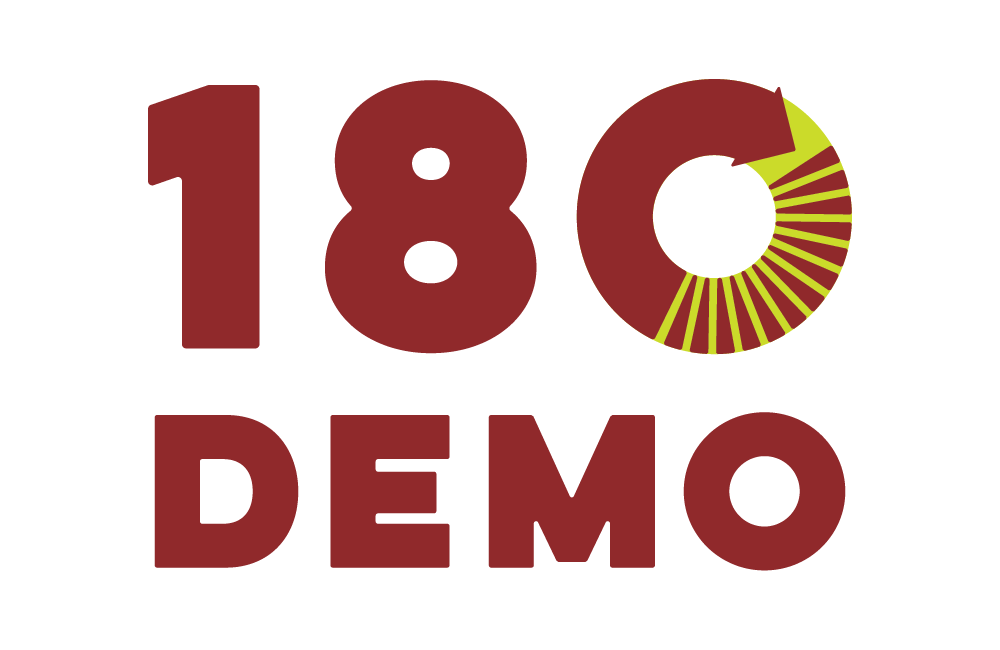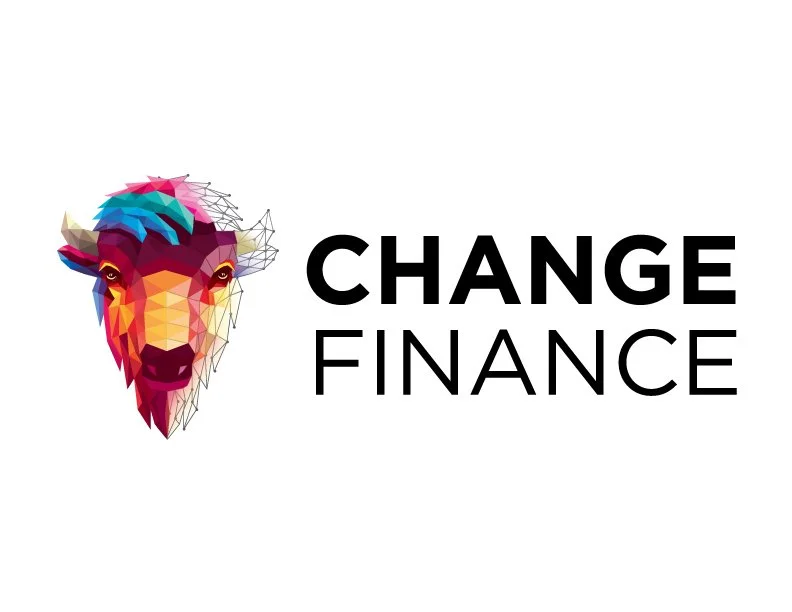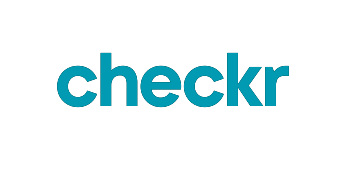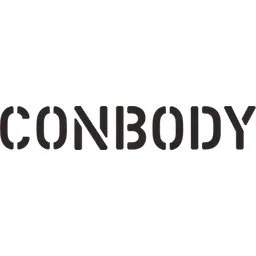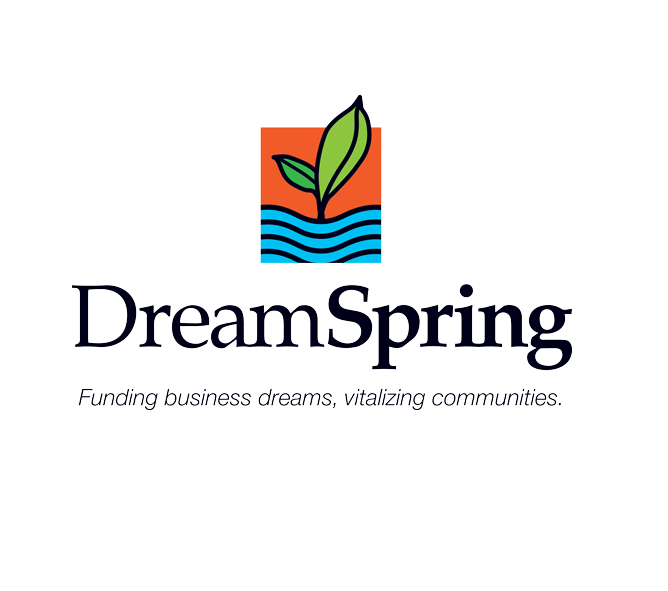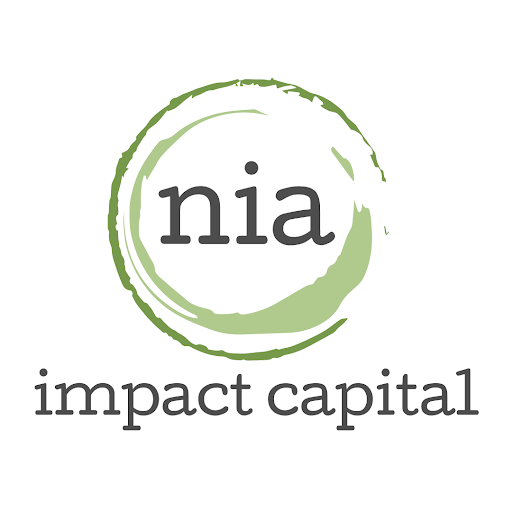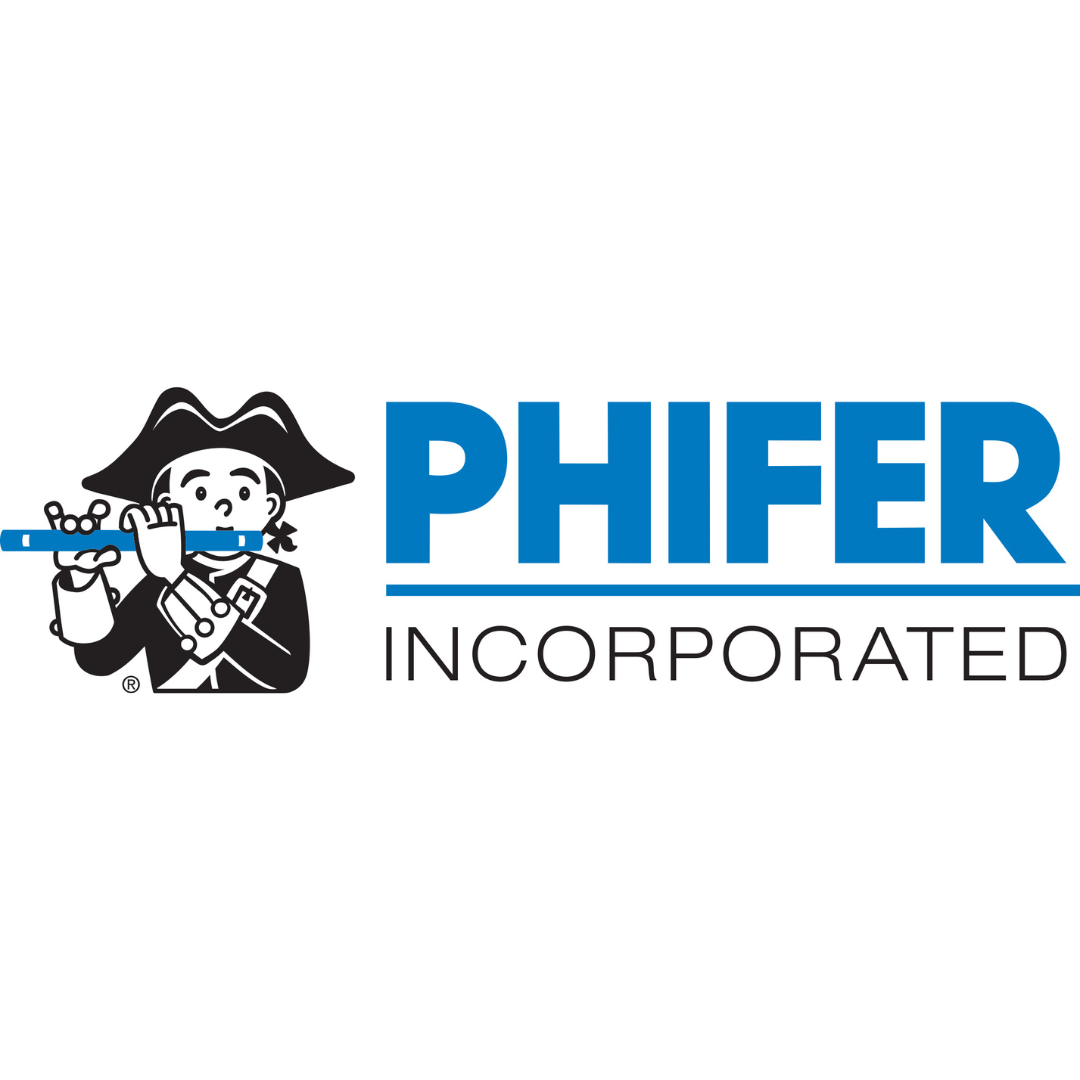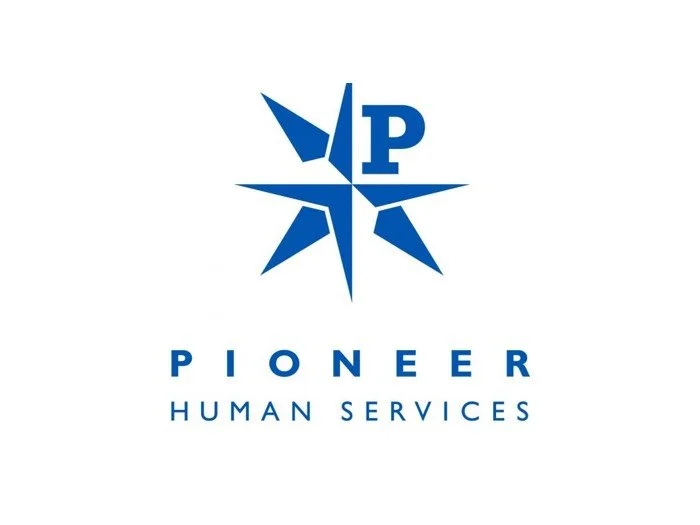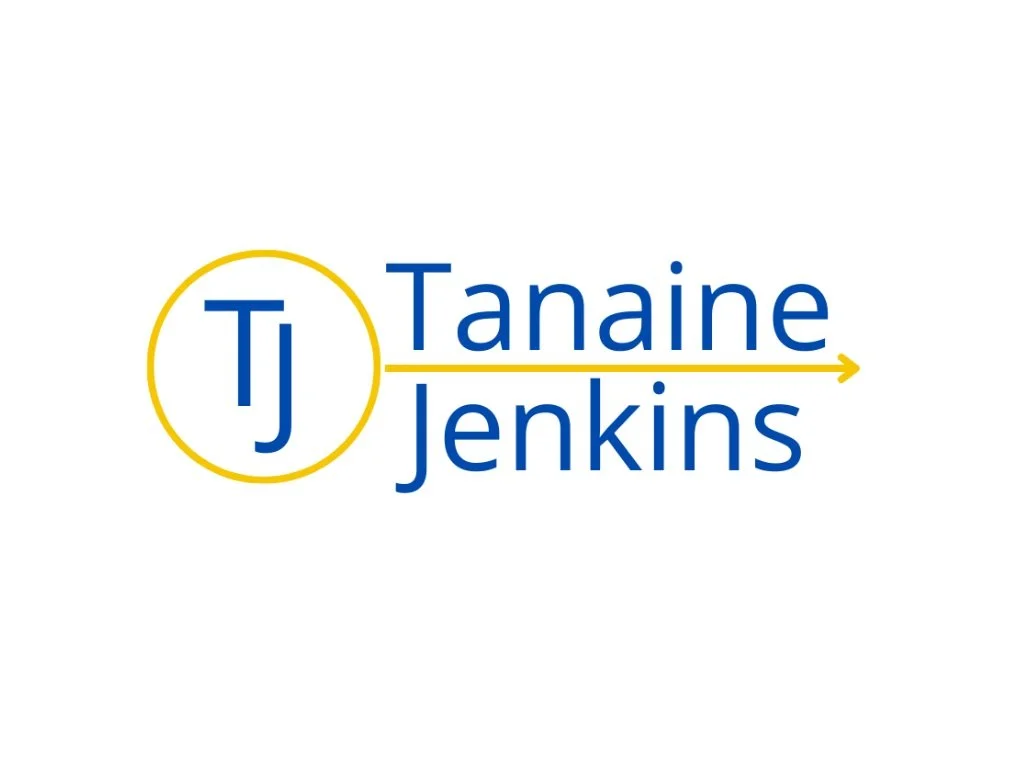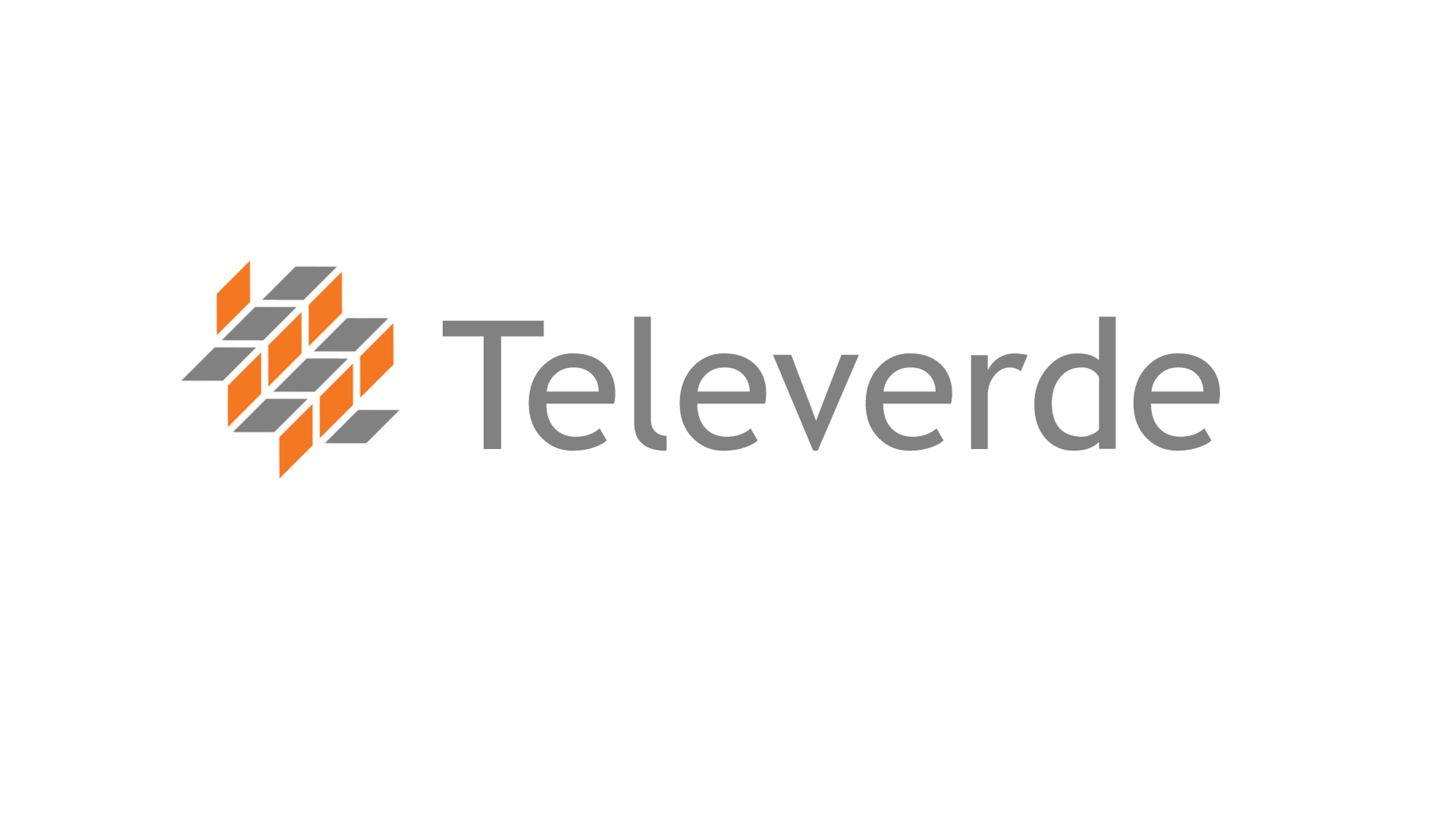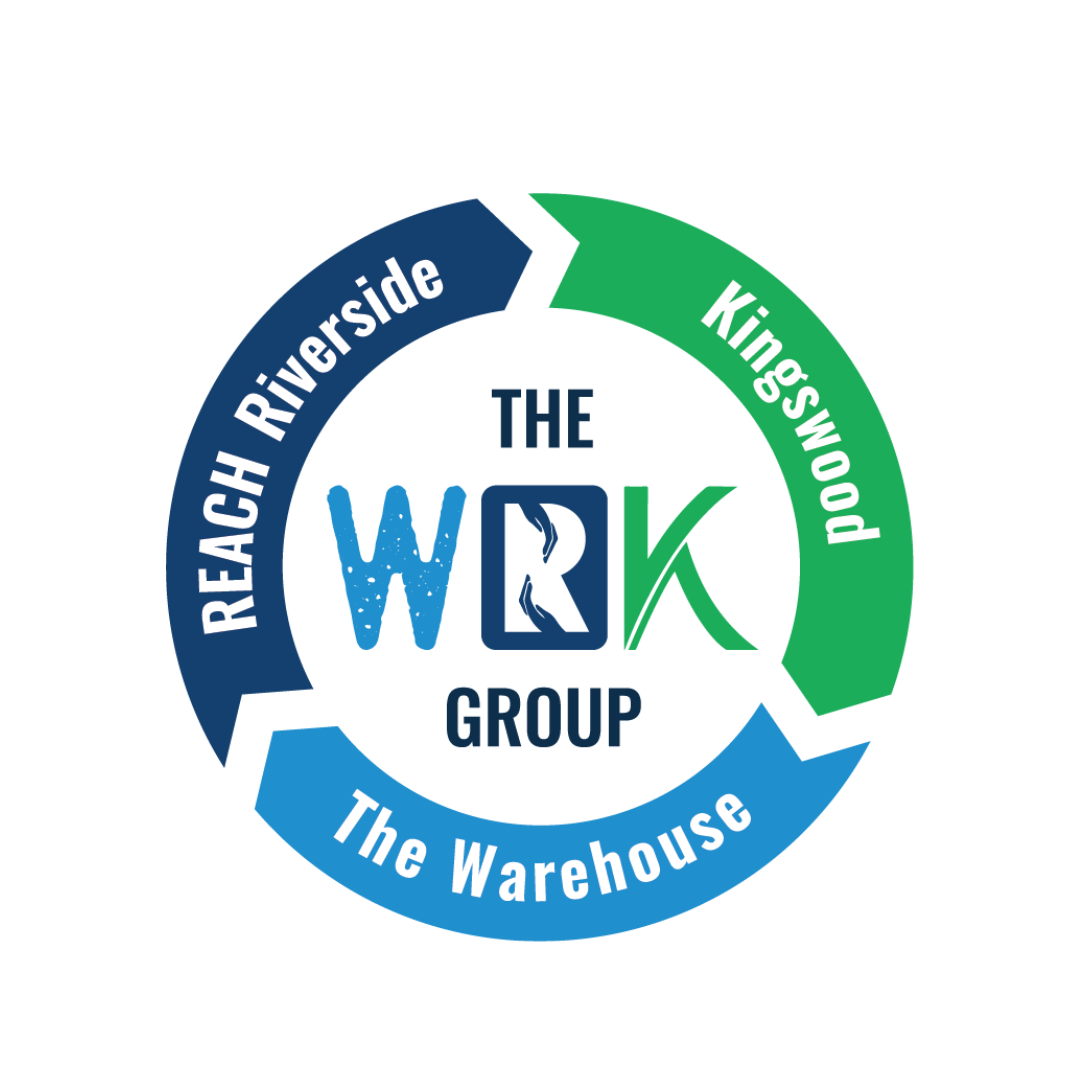Make justice
your business.
We empower companies to advance criminal justice reform, expand workforce opportunity, and build more prosperous communities.

Everyone is entitled to respect, equality, fairness, and dignity under the law.
Yet the criminal justice system often discriminates, over-criminalizes, and traps the most vulnerable people in destructive cycles of punishment and poverty.
The Responsible Business Initiative for Justice (RBIJ) is an award-winning international nonprofit that empowers companies to champion policy reforms and hiring solutions that promote public safety, deliver justice, and strengthen communities.
Our Work
Reforming Justice Systems
We help businesses use their leverage to move critical criminal justice reform initiatives in partnership with local leaders.
Restoring Communities
We empower companies to create career opportunities for justice-impacted job seekers and those vulnerable to system involvement, ensuring systemic change is translated into real-life impact.
Reframing Narratives
We build and entrench the narrative that justice reform and inclusive hiring aren’t just social causes — they’re smart business strategies.
News & Updates
Central Penn Business Journal: Mike Doner, president and CEO of Workforce & Justice Alliance member Flagger Force, is speaking at the Justice Summit in Park City, UT.
Ragan: Ragan is proud to announce the winners of the 2025 CSR Awards, honoring the communicators, teams and organizations making a meaningful difference through purpose-driven work.
The Atlanta Journal-Constitution: Mark Haynes was incarcerated for four years. But he put that time to good use, earning multiple certifications related to dog grooming and training and for veterinary assistance.
Business News Wales: When I was 17, I made a serious mistake and ended up serving six months in prison. As soon I got out, I vowed to myself that I would never go back.
Investors Hangout: Over 150 executives, policy leaders, and justice advocates convened at the annual summit organized by the Responsible Business Initiative for Justice (RBIJ) to tackle the pivotal workforce challenges of today. In a climate marked by evolving labor demands, these leaders are pushing for justice-driven solutions that not only help individuals but enhance organizational success.
State of Oklahoma House of Representatives: Two measures reforming Oklahoma's fines and fees systems have been signed into law.
Gumptown Magazine: Governor Kay Ivey signed SB138 into law this week. Sponsored by Representative Parker Moore and Senator Rodger Smitherman, the bill breaks down workforce barriers for non-violent formerly incarcerated Alabamians.
Strive Birmingham: Alabama remains a top-ranked state for business, strengthened by our competitive workforce training programs, business-friendly policies, and vital public-private partnerships.
Boston Business Journal: To strengthen our workforce and economy, it’s time for our state to embrace ‘Clean Slate’ legislation.
The Washington Informer: Every year, thousands of people return home from prison to Washington, D.C., or are released from our local jail, eager to get jobs, reconnect with their communities and rebuild their lives.
Alabama Political Reporter: Our business-friendly policies, competitive workforce training programs, and vital public-private partnerships continue to fuel our success.
FedCommunities: Debt-related suspensions also keep people out of the workforce. Many jobs require a driver’s license. And driving may be the only way for some to get to work.
The Hustler Files: Guests Caz Walcott, Director of Inclusive Hiring at the Responsible Business Initiative for Justice (RBIJ), and Jon Feinman, Founder of InnerCity Weightlifting share the transformative power of inclusive hiring practices.
Delaware Business Times: Too many talented job seekers remain on the sidelines of our economy — and often not by choice, but due to gaps in opportunity. Although the U.S. economy generates tens of thousands of new jobs each month, there are simply not enough available workers to fill them.
“Thanks to the leadership of the legislature, advocates, and Governor DeWine, House Bill 29 removes these unnecessary barriers to employment and hiring — a significant win for business and communities,” said RBIJ CEO Maha Jweied.
As President-elect Donald J. Trump prepares to assume office in the new year, we hope his administration will consider the many opportunities that exist to advance greater fairness and justice across the country in partnership with the business community.
People Management: The stigma surrounding hiring individuals with criminal records often feels insurmountable, but Ken Oliver, a member of the Responsible Business Initiative for Justice (RBIJ), believes the root lies in misunderstanding.
Lawndale News: The President and CEO of North Lawndale Employment Network (NLEN) shares how Illinois’ Pretrial Fairness Act has positively impacted their business.
Delaware Business Times: JPMorgan Chase & Co. and the Responsible Business Initiative for Justice (RBIJ) will be launching an equitable hiring initiative to shore up Wilmington’s workforce by working with 10 employers to train them on updated screening processes to help reduce barriers to employment.
Delaware State Chamber of Commerce: The Responsible Business Initiative for Justice (RBIJ) and JPMorganChase announce the launch of the Delaware Equitable Hiring Initiative (DE EHI), an innovative multi-year pilot project to help strengthen Wilmington's workforce by empowering local employers to tap into overlooked talent from the city’s underserved communities.
Delaware Business Now: The Responsible Business Initiative for Justice (RBIJ) and JPMorgan Chase have launched the Delaware Equitable Hiring Initiative, a multi-year pilot project to help to tap into overlooked talent in underserved communities.
SHRM: 'Opportunity youth’—disadvantaged young people who are neither in school nor in the workforce—are overcoming hardships and gaining employment.
Staffing Industry Analysts: The business case for hiring candidates with justice-impacted backgrounds is strong, CWS 3.0 previously reported.
NBC4 Ohio: Numerous Ohio employers are embracing a trend that helps job fill positions in a shrinking workforce, by hiring formerly incarcerated individuals.
Axios 1 big thing: CEO Maha Jweied discusses how businesses can advance second chance hiring and how RBIJ assists employers in their inclusive hiring journeys.
Ohio Capital Journal: A pair of Ohio Republican lawmakers are trying to make it easier to get non-violent criminal records sealed to help formerly incarcerated Ohioans get hired, but advocates say that’s not enough.
Daily Herald: Pete Leonard, found of I Have a Bean, commends Illinois for becoming the first state to ban cash bail under the Pretrial Fairness Act and encourages other businesses to advocate for common sense policy reform in their communities.
HR Brew: This often untapped talent pool may offer HR the opportunity to fill open positions with eager and driven young talent.
The Columbus Dispatch: "Amid our ongoing labor shortage, it is more important than ever for our legislature to take action and allow employers to tap into this skilled, hard-working and dedicated talent pool," Phil Petrilli
Our Impact
Since our founding in 2018, we’ve activated over 600 businesses across 91 campaigns and programs, partnering with some of the world’s most recognized brands. Join our Workforce & Justice Alliance >>
